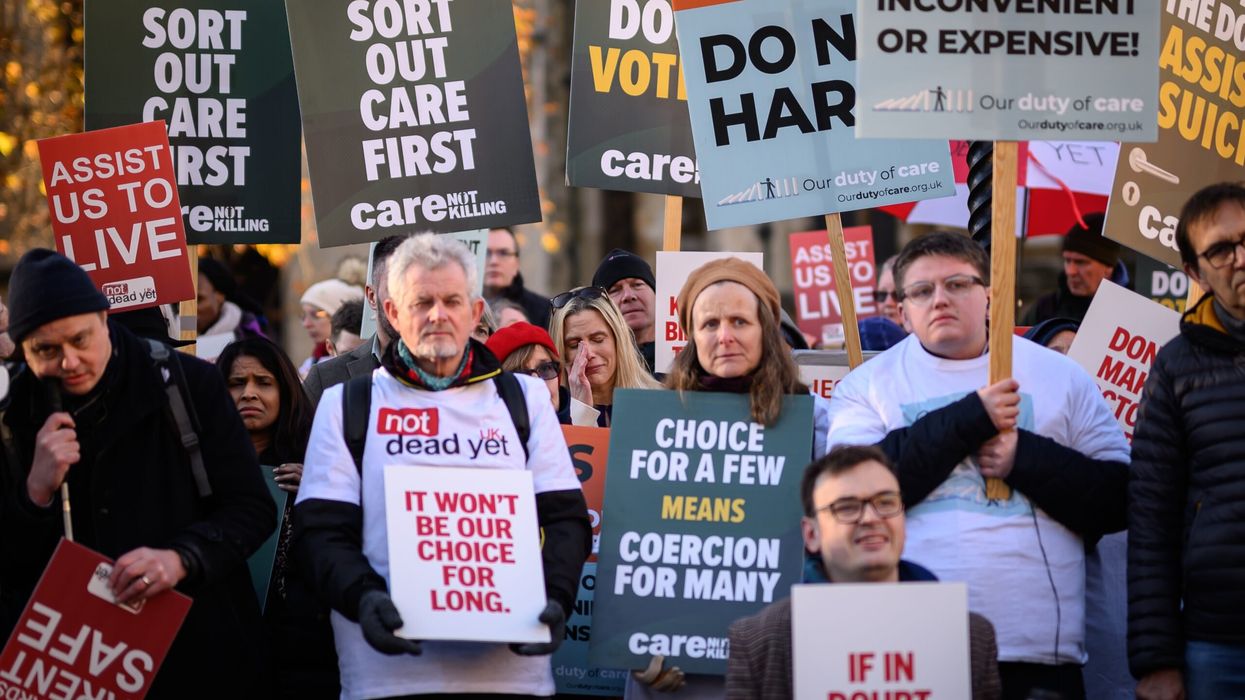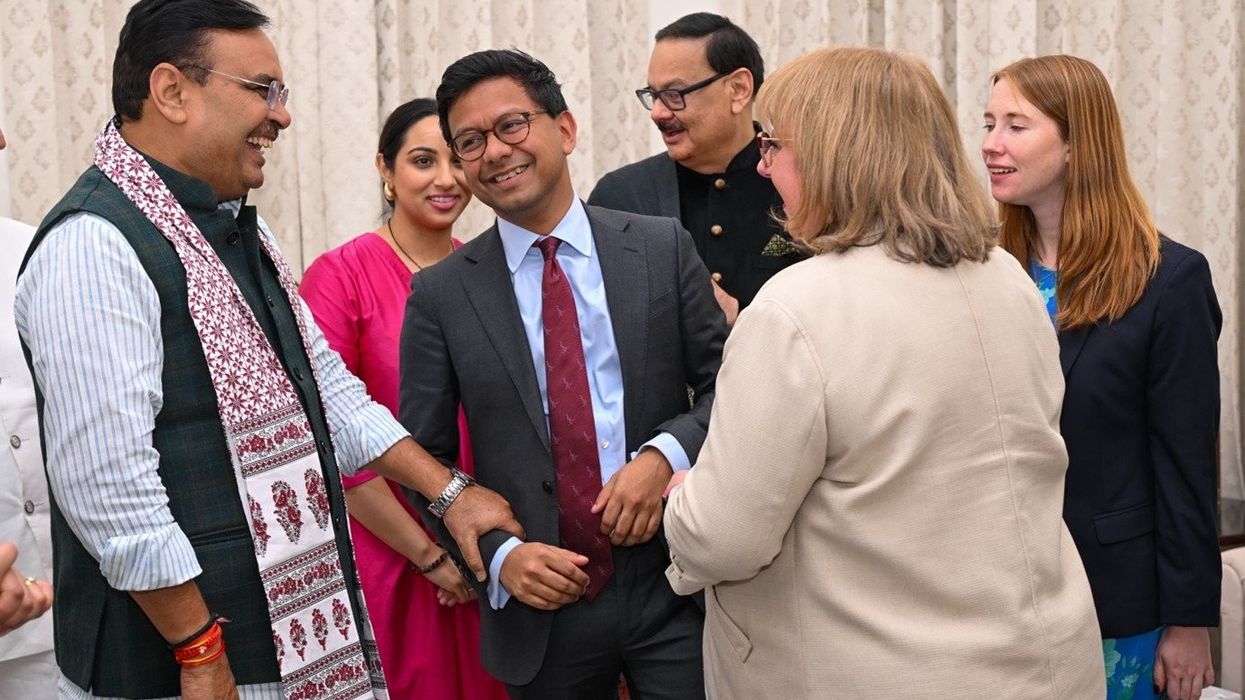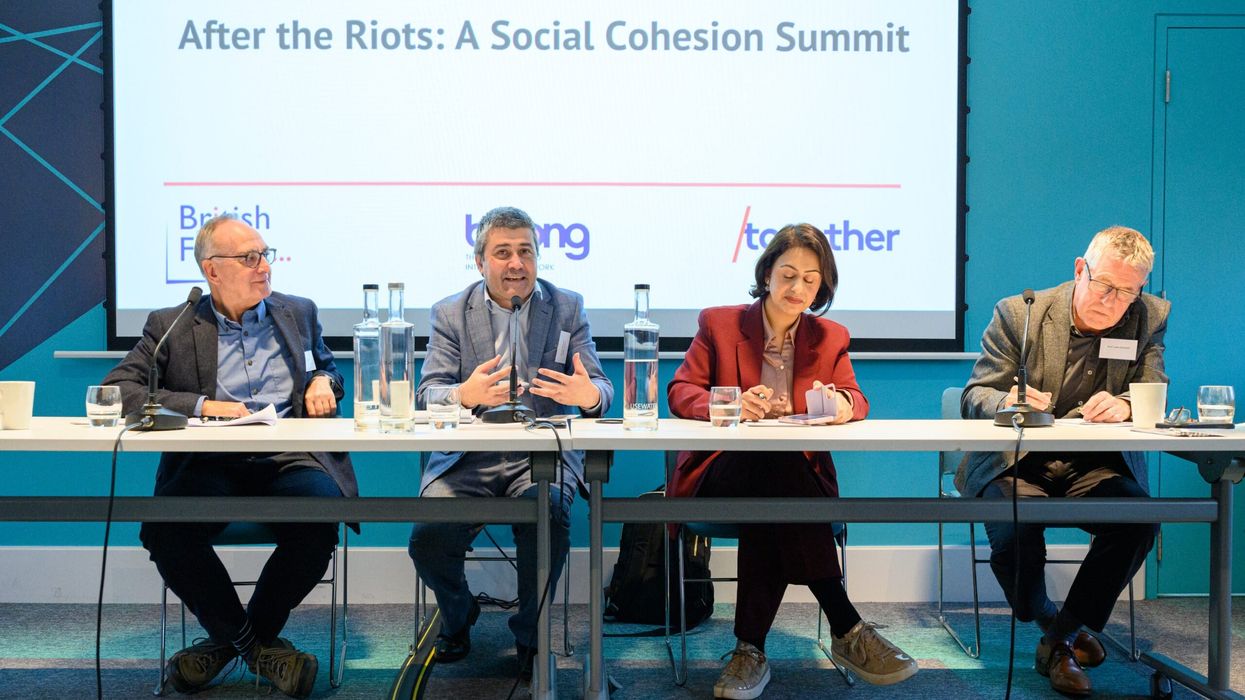By Claudia Webbe
Labour MP for Leicester East
AT EVERY step in this crisis, from lockdown delay, PPE shortages and care home neglect, to track, trace and testing disinformation, the prime minister has failed to adequately protect our communities.
That is why the UK had the worst coronavirus death rate per capita of any country in the world. The UK accounts for more than 10 per cent of all global deaths, even though it has less than one per cent of the world’s population.
Our high death rate was not inevitable. If the UK had followed South Korea’s example, we would have 29,000 fewer coronavirus deaths. If we had dealt with this crisis on par with Germany, we would have around 23,000 fewer.
According to a former government scientific advisor, the number of coronavirus deaths in the UK would have been halved if safety measures had been introduced a week earlier. Yet this week, the government has announced a drastic relaxation of lockdown measures.
When compared to public health indicators in other countries when they lifted restrictions, the UK is acting prematurely and rashly. It is especially alarming that the government has refused to accept calls from medical leaders for a review of our readiness for a second wave, especially considering the disproportionate impact of the coronavirus upon African, Asian and other minority ethnic communities.
This was proven by the government’s own report entitled Covid-19: Review of disparities in risks and outcomes, which it shamefully only published after repeated pressure, and which did not outline any protective measures. It has subsequently released several recommendations, and I will continue pushing ministers to outline a clear plan about how they will be implemented.
The Office for National Statistics found that black (African and African-Caribbean) people are 1.9 times more likely to die from Covid-19 than white people; those of Bangladeshi and Pakistani descent are 1.8 times more likely to die; and people of Indian descent are around 1.5 times more likely to be killed by coronavirus.
Analysis from Public Health England showed that once in hospital, people from African, Asian and minority ethnic backgrounds are also more likely to require intensive care. These communities accounted for 11 per cent of those hospitalised with Covid-19, but over 36 per cent of those admitted to critical care.
Many have wrongly tried to dismiss the imbalance in deaths as being explained by cultural – or even genetic – differences. Yet the scourge of institutional racism results in unequal access to quality education, healthy food, liveable wages, and affordable housing – which are the foundations of health and wellbeing.
Like many residents, I am deeply concerned about the recently announced increase in coronavirus cases in Leicester, especially given that we are the city where the minority makes up the majority. As lockdown was imposed on Leicester on Monday (29) night, I strongly encourage everyone to keep taking safety precautions, including washing hands regularly throughout the day, wearing a face mask in public, keeping two metres away from anyone we don’t live with and minimising contact with others.
As anti-racists, the task ahead of us is not only to defeat this virus, but also to build a world free of the racial inequalities which have exacerbated its brutal impact. That means we must keep pushing the government to urgently launch a public inquiry into the discrepancies in Covid-19 deaths.
The government’s recklessness has already cost too many lives, especially from African, Asian and minority ethnic communities. They must ensure that their rush to relax lockdown does not lead to even greater suffering.




















‘We must do more to protect Asians from Covid-19’